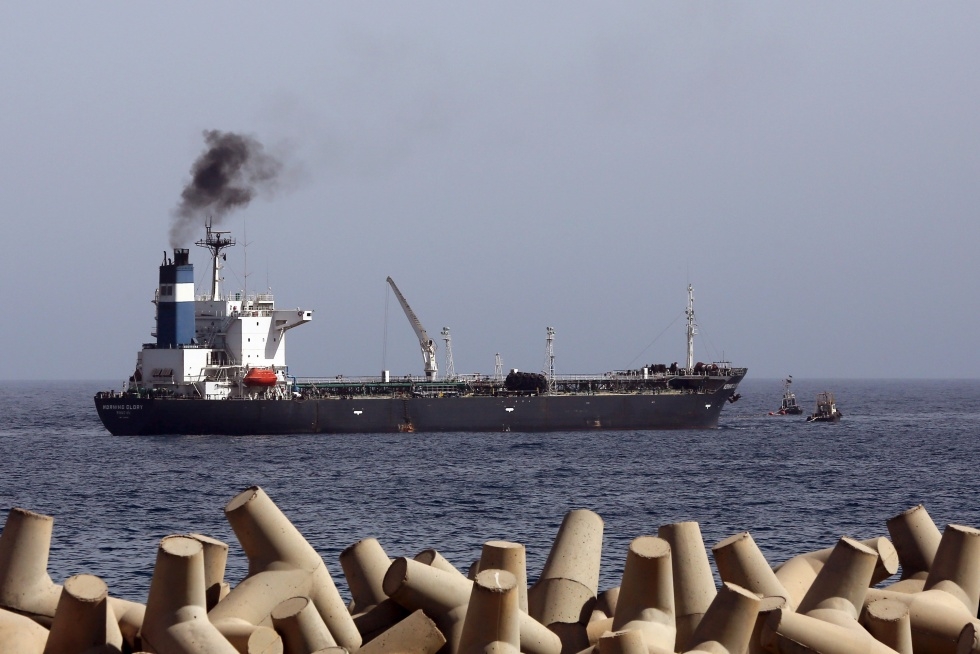Libya government endorses deal to end oil ports crisis

By Moataz al-Majbari
TRIPOLI – The Libyan government has endorsed a deal reached through local mediators with militants controlling oil ports in eastern Libya.
"We approved the deal brokered on Sunday to preserve the Libyan blood and spare the national economy more losses caused by the closure of the oil ports," the government said in a statement late Sunday.
Militants having been closing oil ports in the eastern Barqa region for months to press the government into applying a federal system in Libya.
Libya's oil production, estimated at 1.4 million barrels a day before the beginning of the eastern ports' crisis, sharply fell to about a fifth by the end of February.
New MEE newsletter: Jerusalem Dispatch
Sign up to get the latest insights and analysis on Israel-Palestine, alongside Turkey Unpacked and other MEE newsletters
According to the government statement, the deal was signed between Ibrahim Jedran, the head of the self-styled Political Bureau of Barqa, and local mediators, including MP Sheria al-Wafi.
Under the deal, the ports of Zueitina and Hariga would be handed over to the government immediately while the Ras Lanuf and Sidra ports would be handed over no later than four weeks from the signing.
The six-point deal stipulates that the Justice Ministry would form a committee to probe alleged financial and administrative irregularities in the oil sector since the fall of late strongman Muammar Gaddafi in 2011.
It says that once the deal was fully implemented, the mediators would discuss with the Libyan prosecutors closing all pending cases involving the closure of the oil ports and suspension of oil exports.
The developments come as Libya's interim authorities are still struggling to restore order and contain militancy on the streets since Gaddafi's ouster.
Middle East Eye delivers independent and unrivalled coverage and analysis of the Middle East, North Africa and beyond. To learn more about republishing this content and the associated fees, please fill out this form. More about MEE can be found here.

